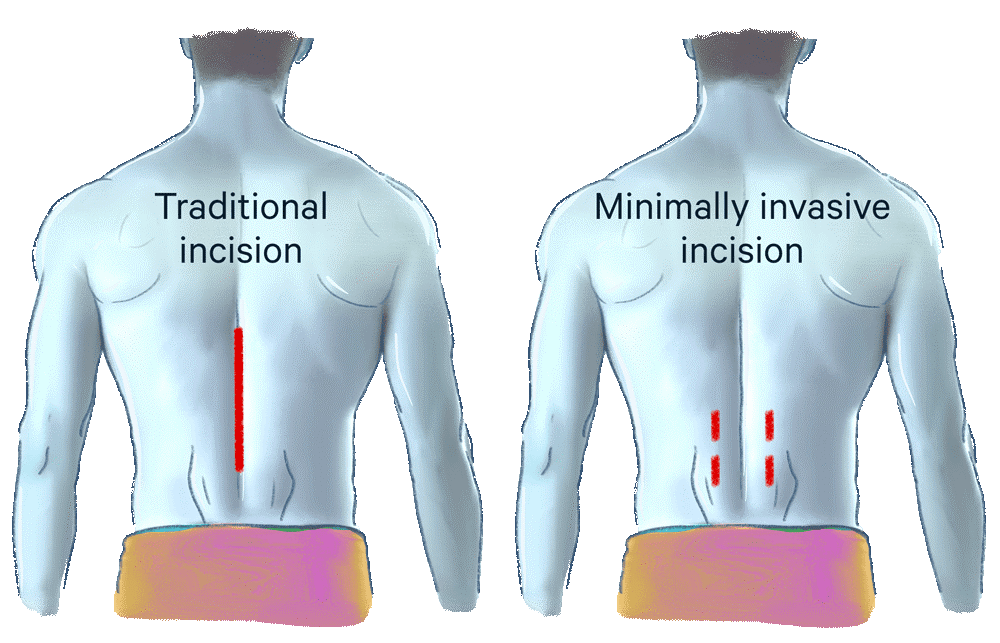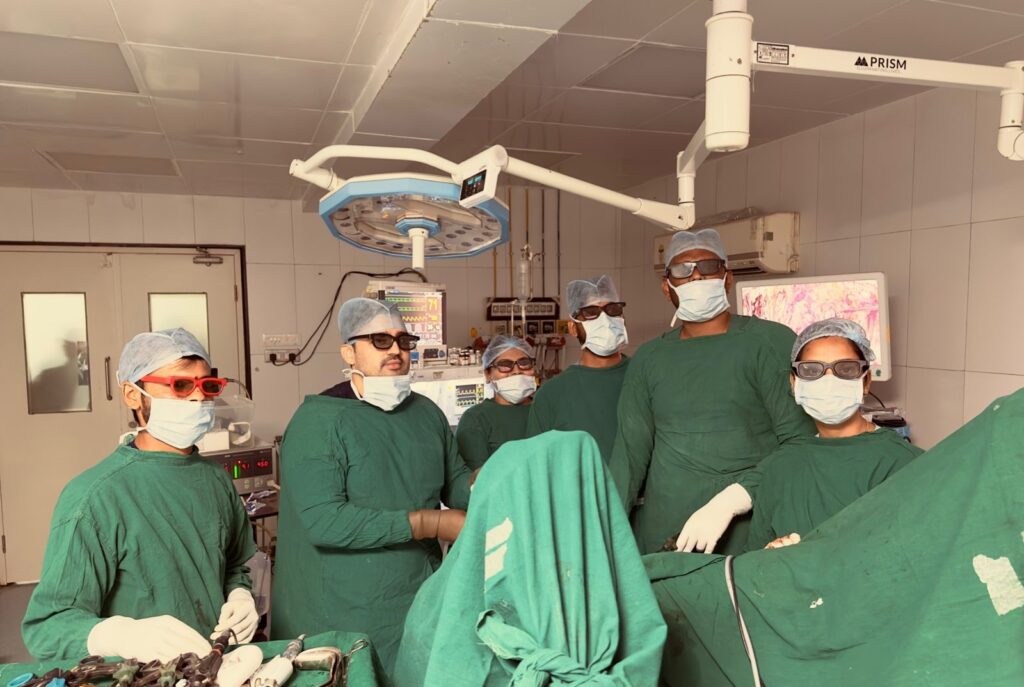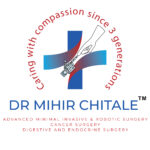
Comparing Endoscopic Surgery with Traditional Surgery: Pros and Cons
When it comes to surgical procedures, patients often face the choice between endoscopic surgery and traditional open surgery. Each approach has its advantages and disadvantages, and understanding these can help you make an informed decision. In this blog, we will compare endoscopic surgery with traditional surgery, highlighting the insights and expertise of Dr. Mihir Chitale, recognized as the best endoscopic surgeon in Pune.

What is Endoscopic Surgery?
Endoscopic surgery, also known as minimally invasive surgery, involves the use of an endoscope—a thin, flexible tube with a camera and light attached. This allows the surgeon to perform the procedure through small incisions, providing a detailed view of the surgical area on a monitor. Common types of endoscopic surgeries include laparoscopic surgery, thoracoscopic surgery, and arthroscopic surgery.
What is Traditional Surgery?
Traditional surgery, or open surgery, involves making a larger incision to directly access the surgical site. This method provides the surgeon with a clear and direct view of the area, making it suitable for complex procedures where extensive manipulation of tissues is required.
Pros and Cons of Endoscopic Surgery
Pros:
- Minimally Invasive:
- Endoscopic surgery requires smaller incisions, leading to less trauma to the body.
- Faster Recovery:
- Patients typically experience quicker recovery times, with shorter hospital stays and faster return to normal activities.
- Reduced Pain and Scarring:
- Smaller incisions result in less postoperative pain and minimal scarring, improving the overall patient experience.
- Lower Risk of Infection:
- The reduced size of the incisions decreases the risk of infection and other complications.
- Precision:
- The use of high-definition cameras allows for enhanced precision and accuracy during the procedure.
Cons:
- Limited Access:
- Endoscopic surgery may not be suitable for all conditions, particularly those requiring extensive access or manipulation of tissues.
- Specialized Equipment:
- The procedure requires specialized equipment and training, which may not be available in all medical facilities.
- Longer Operation Time:
- In some cases, endoscopic surgery may take longer to perform than traditional surgery due to the complexity of using specialized instruments.
Pros and Cons of Traditional Surgery
Pros:
- Direct Access:
- The larger incision provides the surgeon with direct access and a clear view of the surgical site, making it suitable for complex procedures.
- Versatility:
- Traditional surgery can be used for a wide range of conditions, including those not suitable for minimally invasive techniques.
- Established Method:
- Open surgery has a long history of use and is well-understood by medical professionals.
Cons:
- Longer Recovery:
- Patients often experience longer recovery times, with extended hospital stays and a slower return to normal activities.
- Increased Pain and Scarring:
- Larger incisions result in more postoperative pain and noticeable scarring.
- Higher Risk of Infection:
- The larger wound area increases the risk of infection and other complications.
Insights from Dr. Mihir Chitale
Dr. Mihir Chitale, the best endoscopic surgeon in Pune, emphasizes the importance of individualized patient care. “The choice between endoscopic and traditional surgery depends on various factors, including the patient’s condition, overall health, and the specific procedure required. While endoscopic surgery offers numerous benefits, it’s crucial to assess each case individually to determine the most appropriate approach.”

Dr. Chitale’s expertise in both endoscopic and traditional surgery ensures that patients receive the highest standard of care tailored to their unique needs. His commitment to using advanced techniques and personalized treatment plans has made him a trusted name in the field of surgery.
Conclusion
Both endoscopic and traditional surgery have their pros and cons, and the choice between the two should be made based on a thorough evaluation of the patient’s condition and the surgeon’s expertise. Dr. Mihir Chitale’s extensive experience in both surgical approaches ensures that patients receive the best possible care, whether they require a minimally invasive procedure or a traditional open surgery.
For more information or to schedule a consultation with Dr. Mihir Chitale, please contact us at 9930599474 or visit our website at www.drmihirchitale.com. Trust the expertise of the best endoscopic surgeon in Pune for all your surgical needs.
Dr. Mihir Chitale.
M.B.B.S, D.N.B (General Surgery),
F.C.P.S (General Surgery),
F.M.A.S Fellowship In Advanced Minimal Access Surgery.

